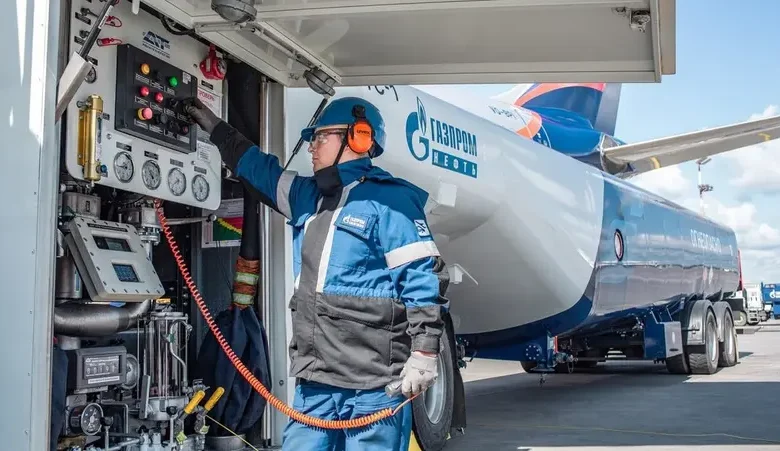Russia’s Gazprom Neft develops low-carbon jet fuel from used cooking oil, animal fat

Gazprom Neft has produced Russia’s first batch of aviation fuel with a low carbon footprint, using technology that turns waste such as used cooking oil and animal fats into jet fuel.
The new product, known as sustainable aviation fuel (SAF), was developed at the company’s Technological Center for Industrial Innovation in St. Petersburg.
Scientists created a blend of traditional jet fuel and a biocomponent that meets environmental standards for international aviation.
The process involves synthesizing esters from renewable materials with hydrogen, which makes the bio-based component perform like conventional jet fuel while producing fewer emissions.
The project is part of Gazprom Neft’s wider low-carbon transport program.
Since 2023, the company has patented technologies to process oils and fats into new fuel components and has already begun supplying low-carbon biofuels for ships.
“The first batch of Russian aviation SAF fuel is the result of the effective work of the Gazprom Neft team of specialists,” said Levan Kadagidze, Head of the Commercial Department, according to Russian AK&M Information Agency.
“The next step in the implementation of Russian SAF fuel will be laboratory and bench tests at the country’s leading aviation institutes.”
Mikhail Nikulin, Head of the company’s Technology Center for Industrial Innovation, said the project brought together research labs, pilot plants and highly qualified employees “engaged in the development of unique solutions and products at the junction of oil refining and other industries and the economy.”
The company is developing the initiative in partnership with the Association of Specialists and Enterprises in the Field of Oil and Fat Waste Processing (APMO), which supplies the raw materials.
In June, during the St. Petersburg International Economic Forum, Gazprom Neft and APMO signed an agreement to build infrastructure in Russia for collecting and processing plant-based raw materials to support large-scale biofuel production.










